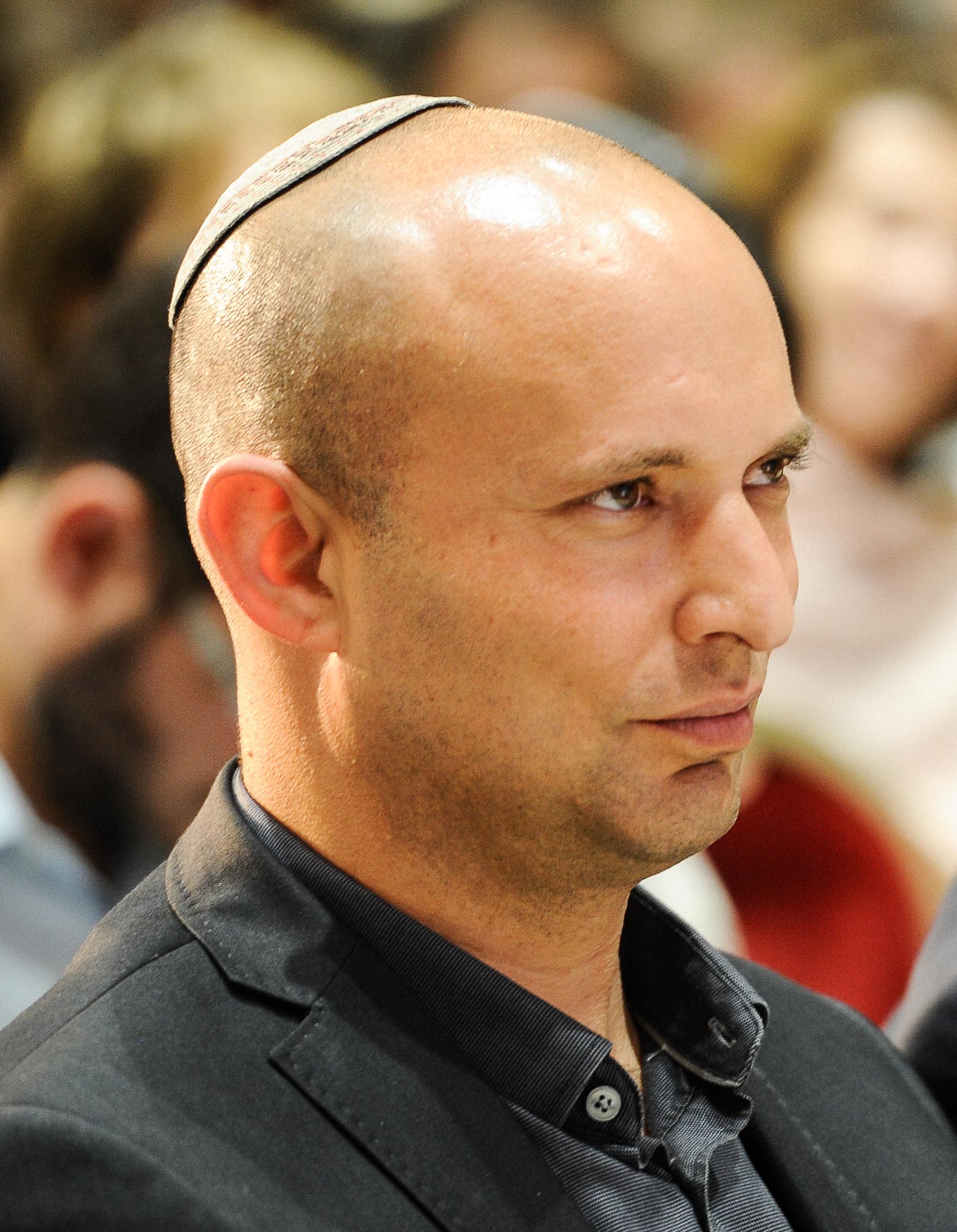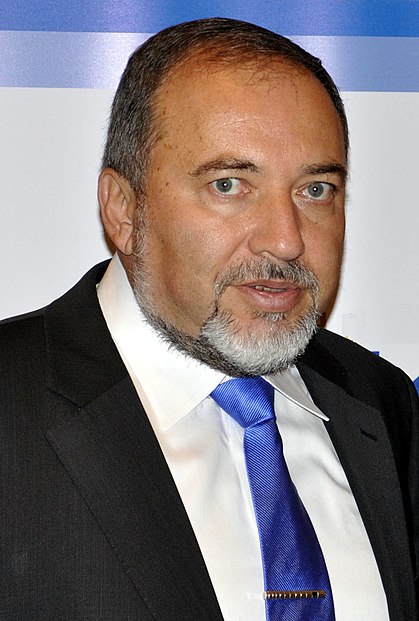Israel Under Fire After Killing Islamic Jihad Leader
Following the death of Palestinian Islamic Jihad leader Baha Abu al-Ata Nov. 12, countless rockets were fired from Gaza targeting Israel.
Following the death of Palestinian Islamic Jihad leader Baha Abu al-Ata Nov. 12, countless rockets were fired from Gaza targeting Israel. A tense ceasefire has been in effect since late last week, and, with the exception of three rockets fired from Gaza, was still in effect as of press time.
Israel assassinated Abu al-Ata around dawn Nov. 12. He was among the more prominent leaders of the Al-Quds Brigades, Iran-backed Palestinian Islamic Jihad’s military faction. He was an outspoken member of the group’s military council and the commander of the northern part of the Gaza Strip, according to PIJ’s statements after his death.
Following the killing, forces in Gaza launched over 160 rockets that same day, the majority targeted at Israeli communities in the vicinity. The attacks forced the closing of schools and businesses in the South for days, and, for the first time since 1990, the closure of Tel Aviv’s schools.
With the Israeli government still unformed since the last election, Prime Minister Benjamin Netanyahu had been serving as defense minister after Avigdor Liberman’s resignation last year. In the wake of the attacks, Knesset member Naftali Bennett was selected to take over the role late morning Nov. 12.
The cabinet approved his appointment as interim defense minister, which Netanyahu had agreed to as part of a deal that merged Likud and New Right parties in the Knesset.

One of Bennett’s first acts as defense minister was to declare a “special situation” for communities within 50 miles of the Gaza Strip to safeguard them from potential danger.
Nov. 13 saw more rocket fire early in the morning, following a brief respite overnight, and Israel’s Iron Dome was reportedly heard intercepting rockets in the nation’s Southern and Central regions.
In total, by the time of the cease-fire early Nov. 15, 450 rockets had been fired at Israel from Gaza. An IDF spokesperson said 60 percent of those rockets had landed in open fields, and 90 percent of the remainder were intercepted.
Three Israelis were wounded directly by rocket fire — lightly injured by shrapnel. Close to 50 other Israelis were treated after being affected indirectly, either in the rush to get to a shelter, or from anxiety-related issues.
In total, the death toll in Gaza rose to 34, eight of them in one family, according to the Hamas-run Health Ministry. Palestinian officials say that 18 of those were PIJ members, while Israel Defense Forces claim that 25 were terrorists.
Lt. Col. Jonathan Conricus of the IDF told reporters that commanders of PIJ often used their own homes to store weapons, making them legitimate targets.
“All of our operations were measured, proportionate and focused only on military assets belonging to the Islamic Jihad,” he said.
Saturday morning, two rockets were fired unexpectedly from Gaza at Beersheba in violation of the ceasefire. Those rockets have been attributed to terror group Hamas, which has otherwise remained out of the fighting.
Hamas spokesperson Fawzi Barhoum said on Saturday that, “Israel will not be able to choose the time and place of [military] campaigns,” and added that “Israel bears the consequences and results of its ongoing aggression.”
Israeli forces responded by striking a military camp and a naval compound.
Ministers of multiple parties were critical of the handling of the attacks, including Blue and White Knesset Member Ofer Shelah.
“Islamic Jihad achieved the appearance of victory when it shut down work in Tel Aviv,” he said.

Also among the critics of Netanyahu and Bennett’s handling of the situation was Yisrael Beiteinu party chairman Avigdor Liberman.
“The goal of every terror organization is to disrupt daily life,” he told Army Radio. “And here again we saw a minor organization shut down one-third of the country. Today, too, it’s clear to all: The next round [of fighting] is only a matter of time.”
Compiled by AJT Staff




comments